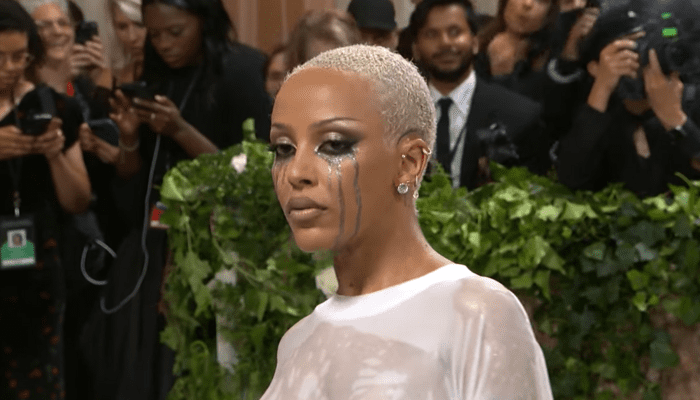A hot topic recently is NPR correspondent Chloe Veltman’s advocacy for anti-Israel activism. This is another illustration of the push to the far-left in the U.S. culture scene, revealing how your tax-supported public radio leans toward pushing a left-wing viewpoint that doesn’t sit well with at least half the taxpaying folks. With an increase of liberal bias and cancel culture from various media sources, rare tolerance is evident for different perspectives.
Interestingly, it’s the outrageously flamboyant Met Gala that’s come under fire, fueled by TikTok and other social media platforms. This outrage revolves around celebrities, those renowned personalities we idolize or criticize, who have not voiced their opinion on the Gaza conflict. Pop stars, actors, and other famous figures have been labeled on videos accompanied by hashtags like #celebrityblocklist or #blockout, highlighting their silence and presenting them as figures worthy of being boycotted.
The hot-target are the elite stars who graced the Met Gala recently. The backlash isn’t targeting stars who have vocalized support for Israel. Instead, it’s going after celebrities who’ve remained silent on the rather sensitive Israel-Gaza issue.
One TikToker even went as far as to create a Google Doc listing all the Met Gala attendees, labeling those who have been “silent” in red. You might think, “Does this sound menacing at all?” Maybe, maybe not. But consider the power these stars have. If they so choose, they could wield their enormous influence to call for peace, to reduce violence.
According to Veltman, this call for boycotting celebrity silence has been mounting for some time now, disconnecting ordinary folks from their beloved stars. Whether it’s jarring to imagine Hollywood’s brightest stars being on the receiving end of such vitriol, it’s evident that these online rallies stem from frustration and the unchecked privilege flaunted at events like the Met Gala. While they’re parading in their riches, thousands of Palestinians are forced to flee their homes.
These social-media-driven blockades, although seemingly petty, can negatively impact the stars’ advertising revenue, thus coercing them to stand against the violence in Gaza. But is IT worthwhile? Do these online-yet-considered-heroic acts of cancelling celebrities contribute to easing the pain of the people in Gaza? If you ask the University of Michigan’s Collins, they’re doing “something” that might influence others to make a difference.
In conclusion, it appears no one is immune to the rage of the cancel culture warriors, not even the untouchable glitz and glamour of Hollywood. While frustration at the economic disparity and the ongoing strife in Gaza is understandable, using this as a reason to target celebrities can become a slippery slope. Let us always remember to foster meaningful, productive discussions rather than fuel the fires of cancel culture.



